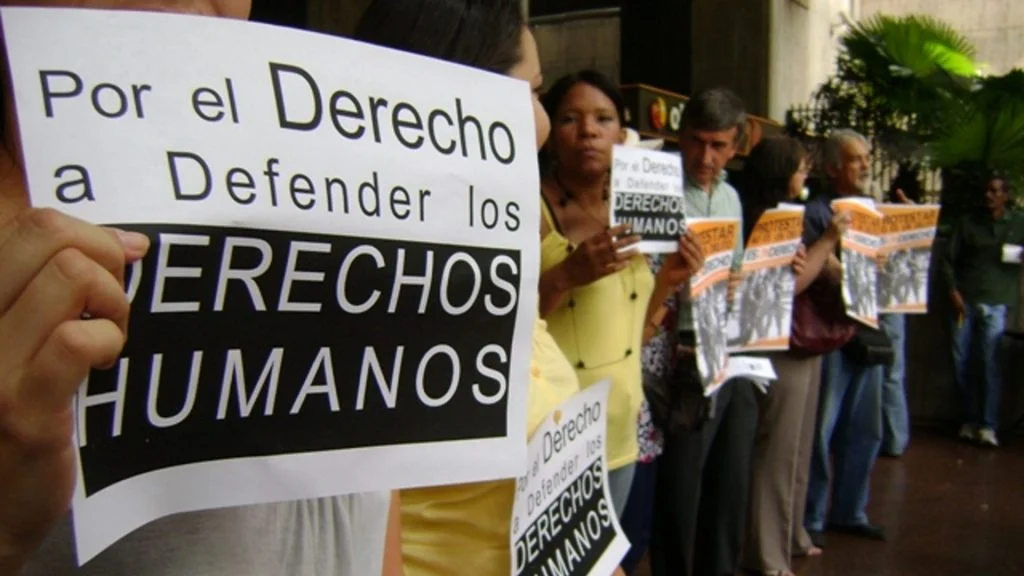Over the past four decades, Latin America has undergone significant constitutional transformations that influenced sport. Latin American constitutions explicitly recognize the right to participate in sports and grant constitutional status to human rights treaties. This has enabled individuals to seek constitutional remedies for rights violations related to sport, rather than relying solely on private law.
The tension between sporting autonomy and state regulation constitutes one of the central debates in international sports governance. This tension arises from structural reasons: while sport has historically been organized as a sphere of private self-regulation, its growing social, economic, and political significance has generated demands for the protection of fundamental rights, accountability, and alignment with public law. Learn more about the challenges of the governance of global sport towards transparency.
The European Model of Sport originates from European legal and political practice, where the sport is regarded as a social phenomenon with specific characteristics that justify differentiated legal treatment. This model combines the organizational autonomy of sports federations with the recognition of certain public interests, although it has traditionally favoured self-regulation over direct state intervention.
While the European model has historically privileged self-regulation and the internal resolution of disputes through bodies such as the Court of Arbitration for Sport (CAS), recent developments in Latin America offer an alternative approach: one that places human rights and constitutional principles at the centre of sporting activity.
This perspective has been thoroughly analyzed by Ariel Dulitzky, a professor at the University of Texas at Austin and a recognized expert in international human rights law, in his article "Sports, Constitutions, and Human Rights in Latin America," published in The International Sports Law Journal in 2025. Dulitzky examines how constitutional transformations in Latin America have reshaped the relationship between sport, law, and the state.
From Absolute Autonomy to Sport as a Public Good
In the European context, sporting autonomy is based on the idea that sports federations should be free to organize and self-govern without state interference, as long as they respect the general legal order. This conception has been reaffirmed by the International Olympic Committee (IOC) and various judicial bodies, consolidating a model in which state intervention is seen as a threat to the integrity of the sports system. A paradigmatic example is the jurisprudence of the Court of Justice of the European Union in cases such as Bosman (1995), where, despite recognizing certain limits derived from fundamental freedoms, the logic of sporting self-regulation was largely preserved.
Although this model has expanded globally through the influence of organizations like the IOC and international sports federations via their competition systems, Dulitzky demonstrates that in Latin America, this model has not been automatically adopted. Instead, many countries have developed an approach in which sport is conceived as a human right and a public good, empowering states—particularly constitutional courts—to intervene when sporting practices violate fundamental rights.
Sport as Right
A key finding of the study is the review of over 150 decisions from supreme and constitutional courts across Latin America, which demonstrate at least three major trends:
- Public Function: Although private entities, sports organizations exercise significant public functions, such as national representation or the distribution of public resources.
- Constitutional Scrutiny: Sports organizations must be subject to constitutional oversight when their decisions affect rights such as due process, equality, freedom of association, or human dignity.
- Dispute Resolution Model: A new model emerges, beginning with the analysis of facts, prioritizing the effective recognition of rights, and demanding compatibility with constitutionally ratified international human rights treaties.
Several decisions from Colombia’s Constitutional Court illustrate the principle that sporting autonomy has limits and cannot be used as a shield to justify violations of fundamental rights. For example, in Decision T-740 of 2010, the Court addressed the case of a young footballer who sought to nullify an employment contract signed with the Deportes Tolima club, arguing that he lacked legal capacity at the time of signing as he was a minor. Although the club had processed an administrative authorization for adolescent labor, the player alleged serious irregularities, including: the authorization not being requested by his legal guardians, the omission of mandatory workplace inspections, and the absence of health and school certifications. The Court emphasized that while sporting organizations are private, their activities acquire a public dimension when they impact fundamental rights. Consequently, it ruled in favor of protecting the young player’s rights and reaffirmed that, within the sports sector, strict compliance with constitutional principles of human dignity, protection of minors, and due process must prevail.
Another important case is Decision T-242 of 2016where the Court protected the fundamental rights of a group of citizens who practiced recreational roller hockey at the Parque Nacional in Bogotá. The petitioner argued that this activity was a vital form of leisure and exercise, and that he, along with about 120 other individuals, regularly met to train and enjoy family gatherings. In September 2015, they informally organized a group called "Liga Capitalina SP" to coordinate their practices. However, the Colombian Skating Federation issued a statement declaring the activity "illegal" for not being registered with the federation, threatening to restrict their right to practice freely. The Court, upon reviewing the case, affirmed that sport is a fundamental right, essential for the development of personality, health, and well-being. It also emphasized that sports federations, although private, perform public functions and cannot limit the exercise of fundamental rights without a proper legal basis or due process. The Court ordered the protection of the recreational sporting activity, reaffirming that the autonomy of sports entities must be limited by constitutional principles..
Argentina – Inclusion of Transgender Athletes
A relevant case in Argentina , a court ruled in favor of a transgender woman’s right to participate in women’s sports competitions, basing its decision on constitutional principles of equality and non-discrimination, as well as international human rights treaties.
Brazil - Right to Sport and Education
In Brazil, courts have recognized the right to sport as an extension of the right to education, particularly in school contexts. Measures have been ordered to guarantee access to sports facilities and physical activity programs as part of students’ comprehensive education.
Mexico - Freedom of Association and Participation
In Mexico, a ruling protected a coach’s right to affiliate with an organization different from the official federation, upholding his freedom of association and his right to fair participation.
These examples show that in Latin America , fundamental rights do not cease to apply within the realm of sport , and that courts are willing to intervene when sports organizations violate them.
The Latin American model implicitly proposes a new balance: maintaining sporting autonomy, but subordinating it to respect for constitutional rights and international human rights treaties, and justifying state regulation as necessary for the effective protection of individual rights.
This perspective has three profound implications for the international debate on sports governance:
- It challenges the presumed universality of the European model, demonstrating that there are viable alternatives based on public law.
- It introduces a constitutionalist approach, offering more democratic and human rights-centered models for the governance of sport.
- It broadens the foundations for accountability and transparency, integrating national judicial systems as key actors in the regulation of sport.
A partir de este análisis, se pueden establecer lecciones para la comunidad internacional interesada en estos temas. Por ejemplo, que el deporte no puede permanecer en una zona de excepción jurídica, como demuestran los casos de corrupción en la FIFA revelado en 2015, la falta de control externo puede derivar en graves violaciones éticas y jurídicas.
Sports organizations must recognize their public function, adapting to the constitutional frameworks of the countries in which they operate. While enhanced protection can strengthen the legitimacy of sports organizations, we must not lose sight of the fact that federations have employed discursive strategies to adapt to the systems in which they operate and to preserve their autonomy, making current models aimed at ensuring more transparent and democratic governance appear obsolete.

